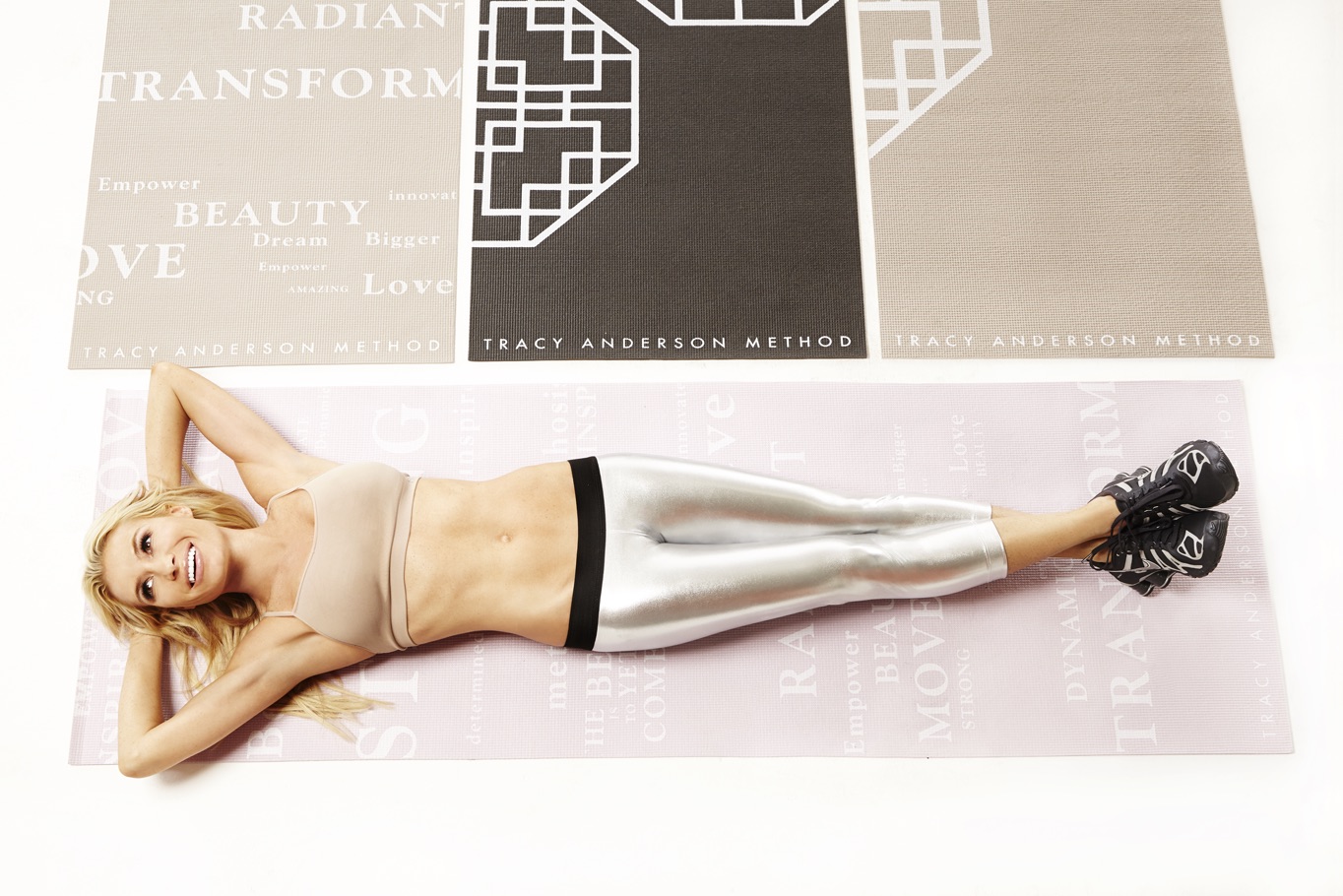
I’ve been working in the health and wellness industry for the past 17 years, and I can’t remember the last time I’ve recommended someone count calories. I’m a fan of calorie transparency—there’s certainly nothing wrong with knowing how many calories are in your latte at Starbucks—but I think picking a certain number that you’re going to limit yourself to each day will just lead to a bad relationship with food. I’ve never seen anything sustainable come out of it.
When you’re trying to stay under a certain number each day, it’s so easy to become frustrated or feel defeated, like you’re failing or “cheating.” One week, you might be able to count calories easily, and the next you might not be able to. And too often, when you find it difficult, you start to really hate on yourself. That negativity and what it does to you internally is really stressful. I know from the times I’ve tried calorie counting personally in the past.
I really, really believe it’s incredibly negative to your system—and I think there’s a better conversation to be had. Being aware of your portion sizes and what types of foods you’re eating is so much more important than keeping an exact tally of your calories.
Read more: Tracy Anderson on How to Become Someone Who Works Out in the Morning
People need to have the courage and the determination to understand food and to really reflect on their past relationships with food. It’s more about the awareness of the kinds of food people are eating, the amounts they’re eating and the opportunities for them to find what helps them feel truly satisfied. Because so much of our hunger is not even rooted in a real biological need to eat; a lot of it is rooted in emotion.
I think really it’s just as simple as having an internal conversation. I do this with myself—I’ll have mornings where I wake up, and the first thing I want is a chocolate bar. And I’ll have it. And then afterward, I’ll be like, “Man, that was ridiculous. I didn’t feel so great afterward.” And there will be mornings when I have an asparagus and herb omelet and afterward I think, “That was a smart choice—it really helped keep me full, and I felt good.”
I think it’s just about having an ongoing dialogue with yourself where you try as often as possible to say, “How can I show up for myself and my body today through my food choices?” When you frame it that way—as an opportunity to do something nourishing for yourself—as opposed to obsessing over calorie counts and punishing yourself when you exceed your daily limit, you’ll develop a much healthier relationship with food.
Tracy Anderson is a fitness expert and creator of the Tracy Anderson Method. Her line of CLEAR protein bars and shakes is now available at Target.
More Must-Reads from TIME
- Donald Trump Is TIME's 2024 Person of the Year
- Why We Chose Trump as Person of the Year
- Is Intermittent Fasting Good or Bad for You?
- The 100 Must-Read Books of 2024
- The 20 Best Christmas TV Episodes
- Column: If Optimism Feels Ridiculous Now, Try Hope
- The Future of Climate Action Is Trade Policy
- Merle Bombardieri Is Helping People Make the Baby Decision
Contact us at letters@time.com